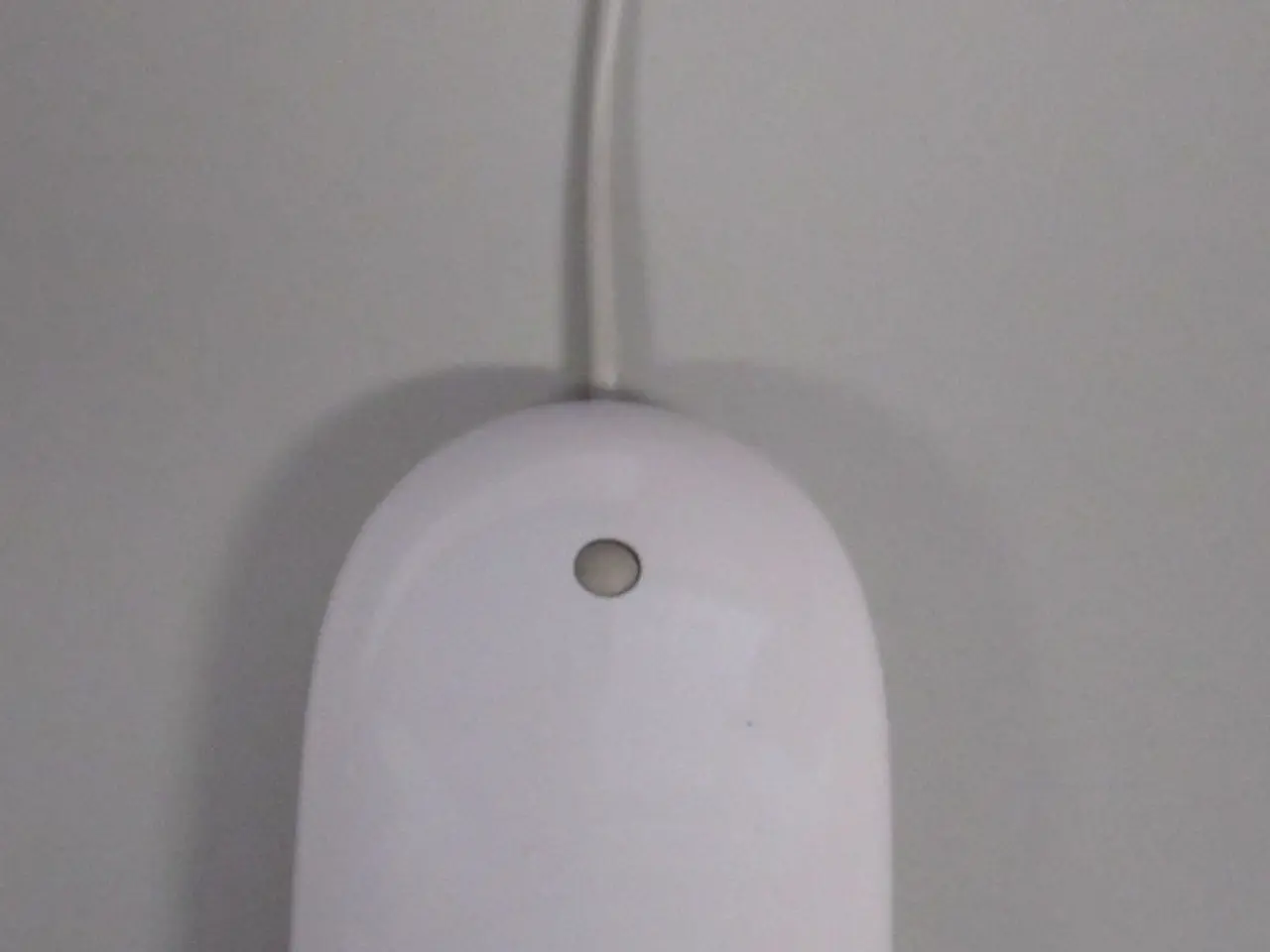Mitochondrial Receptor Intervention Halts Brain Deterioration in Mice
In a groundbreaking development, a team led by Dr. Bryan Roth has created a molecular tool called mitoDREADD-G, designed to stimulate mitochondria in the brain. This tool could potentially pave the way for mitochondrial-targeted therapies across a range of neurodegenerative and mitochondrial-related conditions.
The new study, published in Nature Neuroscience, enhances G-protein signaling within mitochondria to restore function and cognition. Previous work has shown that certain G-protein signaling pathways could suppress mitochondrial function, contributing to cognitive deficits.
The researchers reported that in vivo activation of mitoDREADD-G abolished memory alterations in cannabinoid-treated mice and in two mouse models of Alzheimer's disease and frontotemporal dementia. This suggests that the tool could help in the development of effective therapeutic targets for neurodegenerative diseases.
Mitochondrial activity is crucial for the brain, as it powers neuron-to-neuron communication. Impaired mitochondrial activity could be the origin of the onset of neuronal degeneration. In Alzheimer's disease, mitochondrial impairment precedes cell death, but it was unclear whether this dysfunction was a cause or a consequence of disease progression.
The results of the study allow for a better understanding of the important role of mitochondria in the proper functioning of the brain. The team plans to test whether sustained stimulation of mitochondrial activity could delay or even prevent neuronal loss in disease models.
Étienne Hébert Chatelain, PhD, suggests that the tool developed could help identify the molecular and cellular mechanisms responsible for dementia. Luigi Bellocchio, PhD, Inserm researcher, is a co-senior author of the study.
The stimulation of mitochondria in the brain, using mitoDREADD-G, restored memory performance in animal models of Alzheimer's disease and frontotemporal dementia. The tool boosts mitochondrial membrane potential and oxygen consumption, which are hallmarks of increased energy production.
The ultimate goal is to develop a tool that could help in the development of effective therapeutic targets for neurodegenerative diseases. The work now focuses on measuring the effects of continuous stimulation of mitochondrial activity to see its impact on the symptoms of neurodegenerative diseases.
Giovanni Marsicano, PhD, posits that impaired mitochondrial activity could be the origin of the onset of neuronal degeneration. This new study offers a promising step towards addressing this issue and potentially halting or reversing the progression of neurodegenerative diseases.








